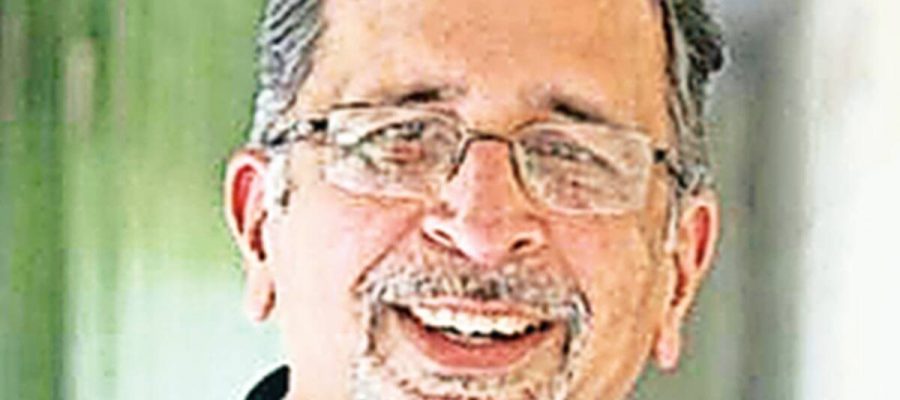The teachers of Chandigarh have been facing the worst of all scenarios. First, they have to wait for the Centre to notify UGC/AICTE rules and regulations, then for the Punjab Government to either endorse or amend the central notifications.
(Written by Avanindra Chopra)
Though the government finally plans to have a single regulator in the Higher Education Council of India (HECI), as of now there are two premier higher education regulators in India. While the UGC is the regulator for universities, AICTE acts as a regulator for engineering, pharmacy, management and other technical education colleges. There are other regulators for professional courses in agriculture, law, architecture, teacher education, etc. These promote, coordinate, determine and maintain norms and standards of teaching, examination and research all over the country.
It would have been certainly better if the designated regulator’s writ were to run supreme over matters under their jurisdiction, what with higher education being in the Concurrent list, and the national regulators being established by their respective acts of Parliament. But with state governments and many universities refusing to go by the ‘regulations/rules/guidelines’ set out by national regulators, multiple disparities have arisen over time. The teaching community feels measures favouring teachers become classified as ‘recommendatory’ while those imposing strict conditions on them become ‘mandatory’. This injustice leads to prolonged litigations and acrimonious protests agitations.
The teachers of Chandigarh have been facing the worst of all scenarios. First, they have to wait for the Centre to notify UGC/AICTE rules and regulations, then for the Punjab Government to either endorse or amend the central notifications, many a time to the detriment of teachers, and then for the Chandigarh Administration to follow what Punjab notifies. This arrangement was as per a reading of ‘The Conditions of Service of Union Territory of Chandigarh Employees Rules, 1992’, notified on 13.01.1992 (‘1992 Rules’), under Article 309 of the Constitution. These state that the rules framed by the Punjab Government are ipso facto applicable to the corresponding posts of Chandigarh Administration. And, this protracted exercise would take years together. But this reading has been found to be erroneous by the Hon’ble High Court of Punjab and Haryana.
Chandigarh teachers are feeling relieved after the much awaited judgement was uploaded on May 21, 2021. The court has accepted the plea of the petitioner teachers working in Government College of Arts and Government College of Architecture, Chandigarh, enhancing their age of retirement to 65 years with a further provision of extension up to 70 years as per the relevant AICTE/UGC/ Council of Architecture regulations and not 58 years as per rules framed under ‘1992 Rules’. The court has directed the UT administration to take back the petitioners who have been forcibly superannuated and grant them all consequential benefits.
The Court has ruled that ‘1992 Rules’ do not apply to them. Moreover, with higher education being on the Concurrent List, the court has observed that the regulations issued under the Central Act will be operative qua the colleges/institutions which fall within the said regulations. In the process the court set aside the CAT order upholding the ‘1992 Rules’.
The court also dismissed the UT stand that these provisions of the central acts are only applicable to Central Educational Institutes/Centrally Funded Institutions/Central Universities and not to the institutions under its ambit. The court has ruled that the funds for these institutions are provided by the Central Government and UT merely distributes them for running these colleges. In any case, the court said that this is not a requirement per se for the applicability of the central acts. This would suggest that rules followed by the Chandigarh Administration that are in conflict with central laws in the field of higher education are unlawful.
This ruling is bound to have far-reaching implications for other sections of affected employees as well.
Teachers have long felt that their ‘rightful and legitimate demands’ are often ignored by the Chandigarh Administration because of its erroneous interpretation of rules.
Significantly, this judgement will enable the teachers of Chandigarh, to become part of the national mainstream of higher education. Fortunately, it comes amid fears that the Punjab government may for the first time delink the pay-scales of teachers from the 7th CPC-UGC minimum grades. Now, the teachers can hope that UT will not only implement the much awaited 7th CPC-UGC pay scales, but the UGC scheme in toto without any delay.
(The writer is Associate Professor and Head, Department of English, DAV College, Chandigarh)
Source: Read Full Article


